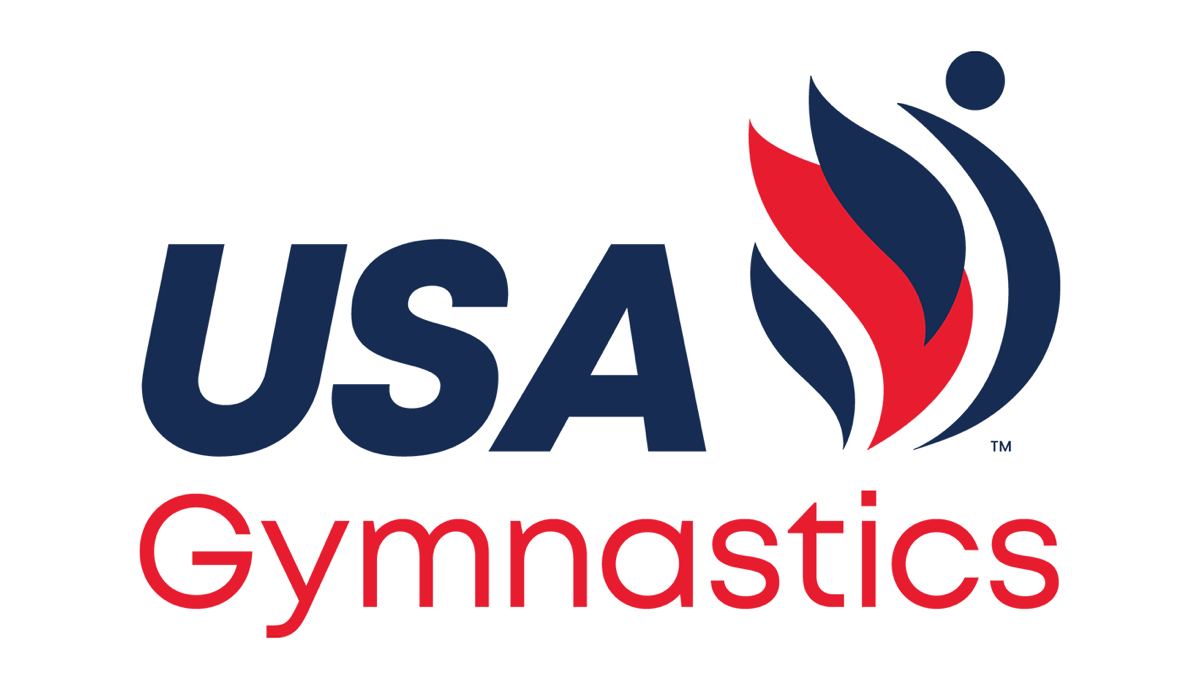
Following the U.S. Supreme Court decision to overturn a woman’s constitutional right to an abortion, USA Gymnastics President Li Li Leung said Wednesday before the national governing body’s championships that it will take abortion laws into consideration when it comes to selecting venues for competitions.
“We want to be able to align with cities and locations that are also aligned with our value system,” said Leung of USA Gymnastics, which is currently examining bids for the 2024 U.S. Olympic Team Trials.
The 2022 championships were awarded to Tampa, Florida, in January, months before the Supreme Court overturned Roe v. Wade. After that decision, Florida banned abortion after 15 weeks of pregnancy, with limited exceptions.
Leung said Wednesday that the Supreme Court’s decision “took away” from the organization’s value system.
“We are about empowerment. We are about choice. We are about agency,” Leung said.
NWSL Says Abortion Will Factor Into Expansion Decisions
National Women’s Soccer League Commissioner Jessica Berman said in July that reproductive rights will be considered when the league looks at locations for possible expansion teams.
The league has 12 teams and is looking to add two more in 2024. The NWSL has teams in Texas, where abortion is effectively banned, and in Kentucky, where a ban has been challenged in court. It also has a team in Florida, which has banned abortions after 15 weeks.
“It’s one of the things that we’re actually currently analyzing, which is looking even at our current markets to see where we have some differentiation between our values and what we stand behind relative to where we have teams located, and what are the solutions we can put in place that we feel comfortable we can commit to and execute on,” Berman said. “Certainly in the context of expansion that would be part of the analysis.”
WNBA to Consider Abortion Laws in Expansion Talks
The WNBA will take a state’s abortion laws into consideration when the league decides to expand into new markets, said Commissioner Cathy Engelbert during the league’s All-Star Weekend earlier this summer, although events are unlikely to move as a result of the decision.
“We continue to advocate for gender and health equity, especially in communities of color and access and reproductive healthcare,” Englbert said in Chicago, adding, “we certainly will continue to advocate for women’s rights, reproductive rights, choice and all of that, so we’ll continue to be leaders on that, and we’ll evaluate those kind of things when we’re looking at cities.”
Engelbert said the league has examined nearly 100 cities for potential expansion. Expansion has been an ongoing discussion in the league, which has been at 12 teams since the 2010 season. Englebert said there are “probably 10 or 15 cities very interested in hosting a WNBA team” and there may be new entries into the league as soon as 2024, but more likely in 2025.
The Women’s National Basketball Players Association reacted to the U.S. Supreme Court decision when it was announced by urging people to “vote like our lives depend on it. Because they do,” adding “this decision shows a branch of government that is so out of touch with the country and any sense of human dignity. … We must recognize that when we cast a ballot it is to elect officials and to connect the dots to policies and legislation that align with our values.”
When the ruling was announced, the WNBA and NBA released a joint statement saying, “The NBA and WNBA believe that women should be able to make their own decisions concerning their health and future, and we believe that freedom should be protected. We will continue to advocate for gender and health equity, including ensuring our employees have access to reproductive health care, regardless of their location.”
Events Unlikely to Face Move
Engelbert admitted “it’s certainly something we would take into consideration,” when asked if the league would move an All-Star Game in the future based on a restrictive abortion law, “but I also think WNBA players have such a strong platform that could they effect change.”
The league, she said, would not “just run away from a state” but would “help effect change in a state where we might be playing or ultimately if we selected a state that had those restrictive laws for an All-Star Game or some tentpole event, et cetera.”
The 2023 NBA All-Star Game will be in Salt Lake City, Utah, where this spring a state law that bars transgender girls from competing in school sports matching their gender identity was passed. Another state law that would ban abortion is the focus of an ongoing legal battle. NBA Commissioner Adam Silver said in April the game would not be moved and the league planned “to have to find a way to work in that environment and create an inclusive environment for our game rather than take the position that we have somehow an independent ability to change the minds of the voters in Utah on this.”
Silver said during a Tuesday press conference in Las Vegas that the NBA will not consider a state’s abortion law when selecting future All-Star hosts: “The greatest impact we can have as a league comes down to how we treat our employees and values, as opposed to moving into other communities and dictating to them what their position should be.”










 Copyright © 2024 by Northstar Travel Media LLC. All Rights Reserved. 301 Route 17 N, Suite 1150, Rutherford, NJ 07070 USA | Telephone: (201) 902-2000
Copyright © 2024 by Northstar Travel Media LLC. All Rights Reserved. 301 Route 17 N, Suite 1150, Rutherford, NJ 07070 USA | Telephone: (201) 902-2000